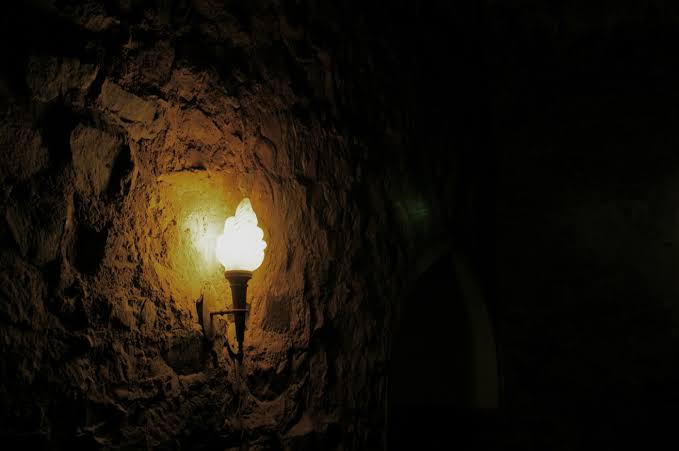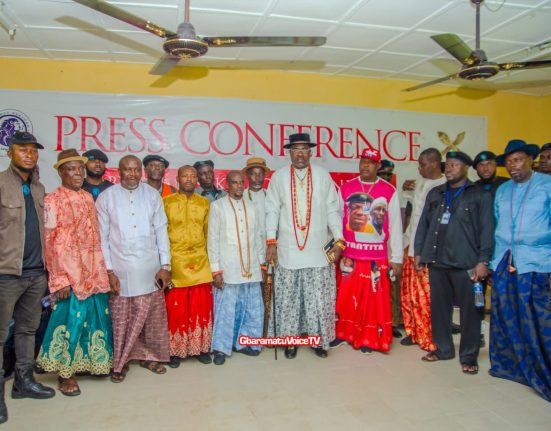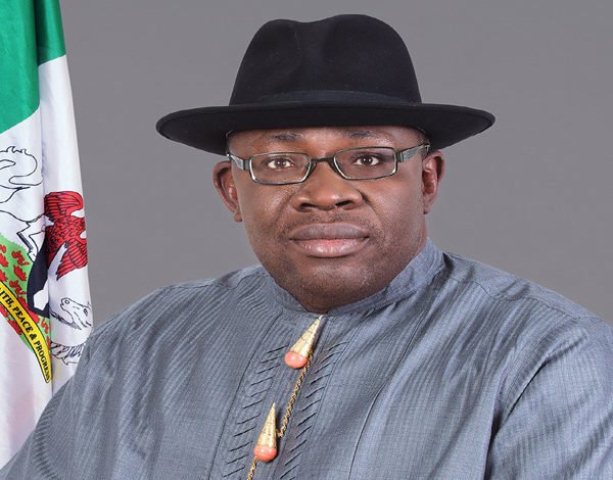By Jacob Brakere Abai
Once upon a time in the Ijaw community, a tradition prevailed—a tradition that was passed down through generations. It was a story I first heard from my uncle many years back, a tale that shed light on the origin of night-long wake-keeping for the deceased.
During those days of yore, when someone from the Ijaw community passed away, there were no mortuaries as we know them today. Instead, the community had a unique way of bidding farewell to their loved ones. The night held the key to this tradition.
My uncle recounted that in those days, when a member of the community breathed their last, a vigil was initiated. The family and friends of the departed would gather around the lifeless body, and they would keep watch throughout the night. It was not just a matter of mourning; it was a belief deeply rooted in their culture.
The reason for this night-long vigil was fascinating. They believed that there was a possibility that the departed might not be entirely gone, that they might just be in a deep slumber or a trance. As the community sat in vigil, they kept a keen eye on the body, waiting and watching for any signs of life, hoping for a miracle to happen.
Throughout the night, they would share stories about the departed, recount their memories, and offer their prayers. It was a solemn and sacred time, filled with both anticipation and reverence. It was as though the night itself held the power to bring the departed back to the living.
In the midst of this solemn night, traditional drums, known as “opu-ozi,” would resonate with rhythmic patterns that reverberated through the silent hours. Each beat, each song, bore a distinct meaning. The rhythms varied, narrating stories of the departed’s life, the community’s history, and their aspirations for the future.
As the night progressed, these drumbeats, accompanied by songs (known as “duwei anume” – songs of the spirits) and dances, were more than just a means of expression; they served as a conduit to connect with the spirit of the departed. The community believed that the vibrations of the drums and the melodies of the songs could reach out to the departed’s soul and, in extraordinary instances, beckon them back from the threshold of the afterlife.
My uncle shared with me that, on some rare occasions, their faith in this tradition had been rewarded. As the first rays of dawn broke, they would scrutinize the body, looking for any signs of life. Sometimes, to their astonishment, they would witness a stirring, a gasp, or even a faint sign of consciousness. In such cases, the family would celebrate with joy, and the entire community would be filled with an indescribable sense of wonder.
But more often than not, the morning light would reveal the reality of the situation. If the body did not respond to their vigilant watch, they would accept that the departed had truly passed away. It was then that they would prepare for the final journey—the journey to their eternal resting place.
The tradition of night-long wake-keeping in the Ijaw community, my uncle told me, was not only about saying goodbye to the departed; it was a testament to their unwavering belief in the mysteries of life and the possibility of miracles. It was a practice that had been passed down through generations, a tradition that held the essence of their culture, and the hope that, even in the darkest of hours, the light of life might shine again.
Support Quality Journalism in the Niger Delta Region
Join us in our mission to bring development journalism, cultural preservation, and environmental awareness to the forefront. Your contribution makes a difference in the lives of the people of the Niger Delta. Donate today and be a part of the change!








